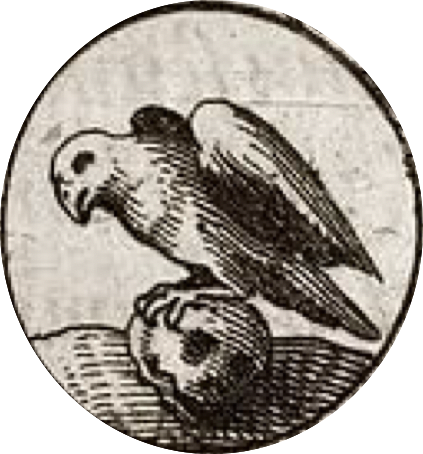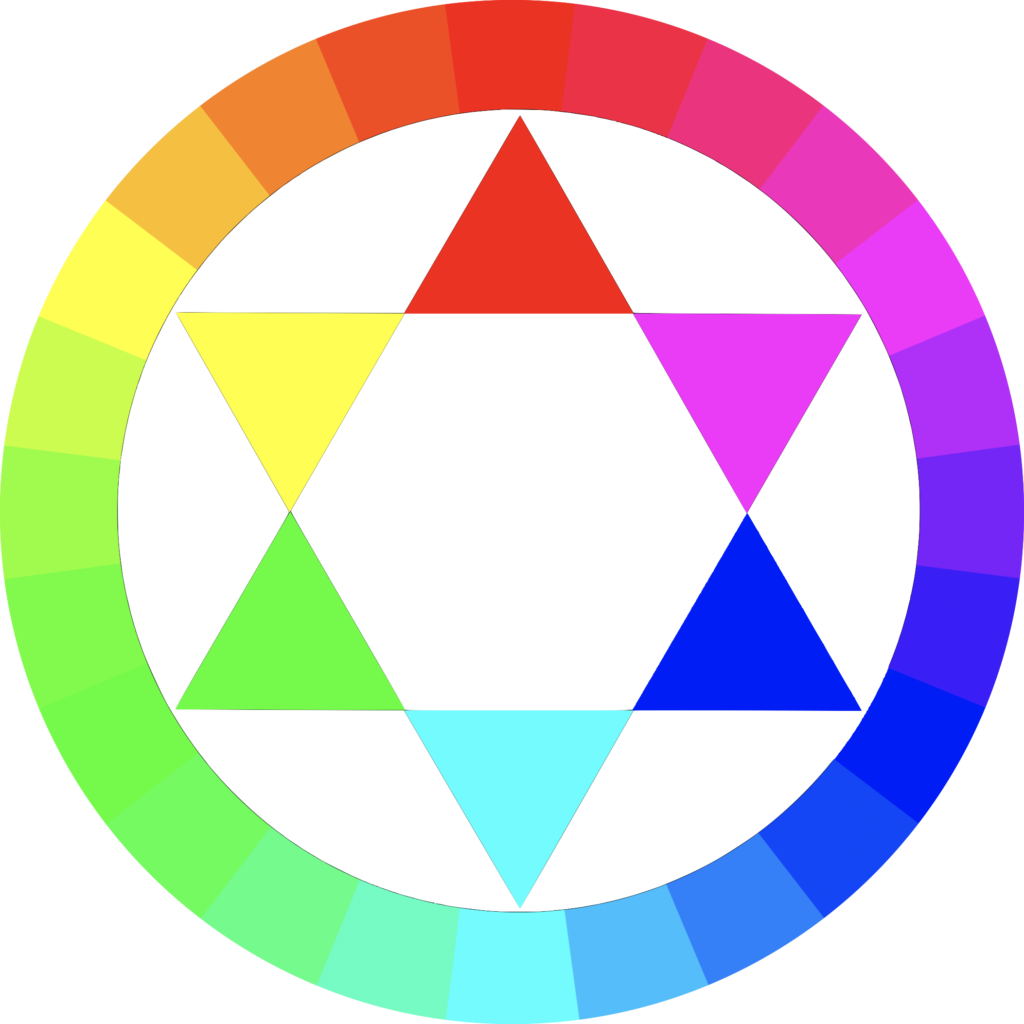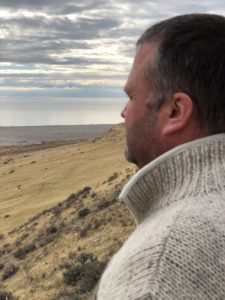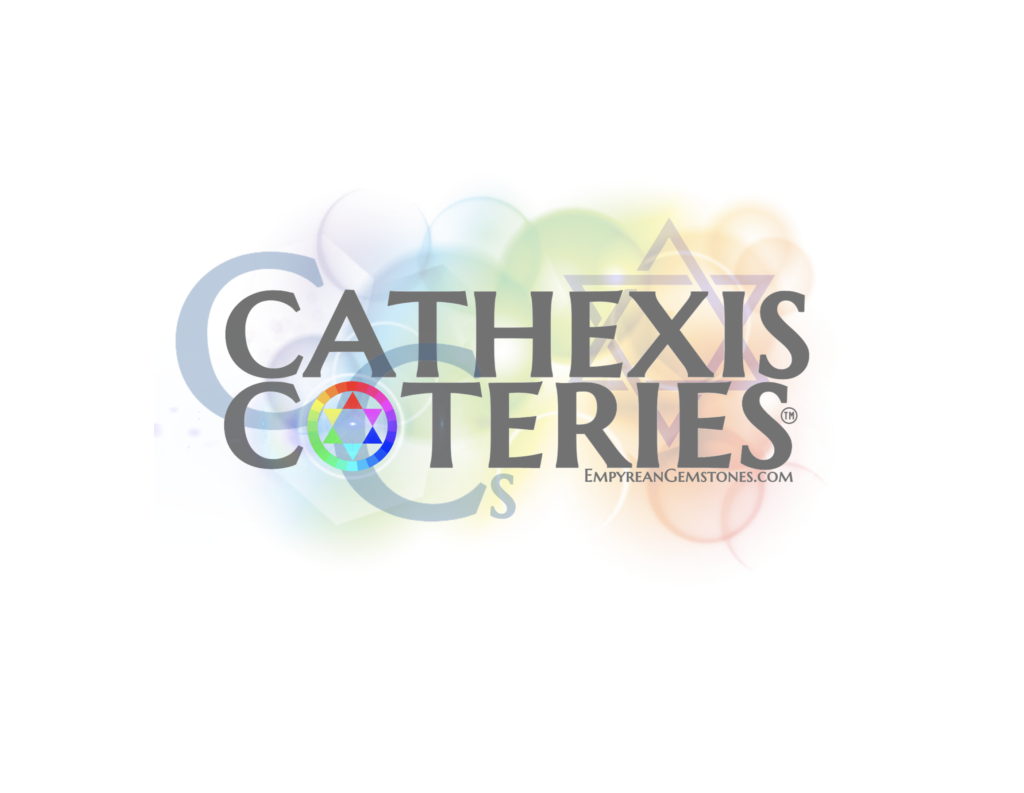Our entire reality revolves around context of how we perceive our existence. For that reason, let’s define context.
Context – the circumstances that form the setting for an event, statement, or idea in terms of which it can be fully understood and assessed.
Human life, taken out of context, creates a very elusive concept. In a world full of beliefs, is it possible that contexts have lost their original meanings? What do we believe and from where did that belief arise? When a student of curiosity endeavors to find the “truth” behind beliefs, what may seem original and divine become obscured within dozens of precursors.
There are thousands of years of beliefs built on contexts within the confines of this planet; each context defining future contexts. Civilization rising and falling, great myths and legends dissolving from one generation to another. What could possibly be “truth” after so many evolutions of ideas and beliefs?
What is “Truth?” According to definitions, truth is only a belief that something is true. And believes are built on context that in most instances have become lost in time. A belief would then, only be “true,” in the context of the believer. So, is there any “Truth” in the world? Could that be why Humans constantly search for truths that could define their purpose for living?
Defining a truth in correct context would then seem nearly impossible at this late stage in the game. Maybe that is why we have become so astute at filling life with distractions and subjugating our existence to material possessions of mind-numbing consequences.
It is relatively easy to accept the context of a “true belief.” Humans do so all the time. Why waste time discovering “truth” for one’s self, when believing in someone else’s “truth” is far more efficient? Then, is it not in human nature, to want to validate that truth by sharing it with others? The more a “truth” can be believed or validated by others, the more security is felt in continuing to follow that “truth.” Then . . . , negate all other possibilities of “truth” while protecting the innocence of self-awareness or being confused with unlimited possibilities. It is easy to justify enacting fierce judgement on someone who decides to stops following that “true belief,” or tries to pursued others of another “truer belief.” What does that opinion say of my own “true belief?”
What steps of irrational behavior can then be heaped upon an individual (or a collective group) out of preservation for the sustainability of that one “true belief.” Would it not be easier to go to war rather than admit that a “true belief” could be incorrect? It is much easier to eliminate the evil of that contradicting, self-accounting possibility that another belief could have validity.
Of course, that would be ludicrous! A contextual psychological nightmare of codependency. Who could ever do that and what insanity could propagate across a collective group consciousness?
In this context, what would happen if a “truth” had the ability to correspond to all beliefs? If the context of a “truth” corresponded to multiple alliterations, maybe then that “truth” could have real significance. Or, is this just another example of a perfectly crafted mind-fuck?
The thing is, we live in a universe that is so immense that we can’t even conceptualize the scale of what stands before us. We can gaze into the depth of time by perceiving light from distant stars that have taken billions of years to reach our awareness. The science of what we know evolves every day. The boundaries of what we can believe keeps racing further ahead.
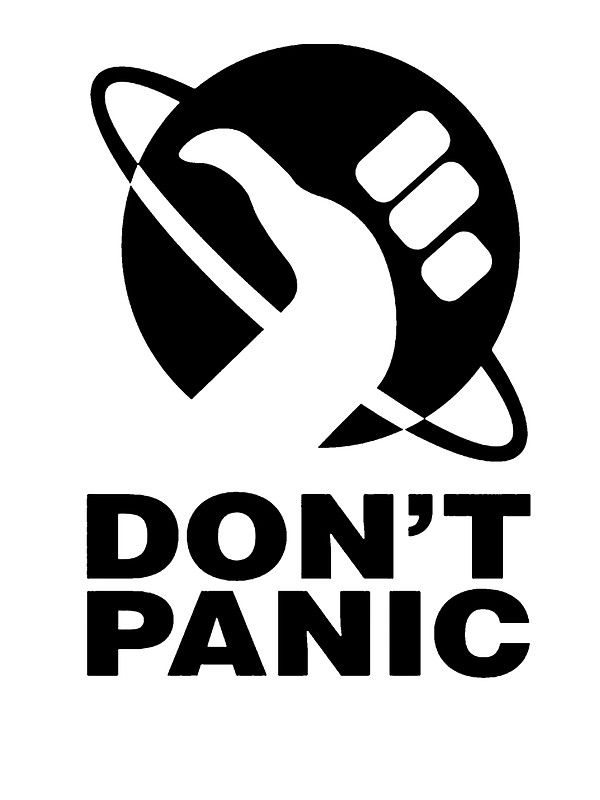
“It is known that there are an infinite number of worlds, simply because there is an infinite amount of space for them to be in. However, not every one of them is inhabited. Therefore, there must be a finite number of inhabited worlds. Any finite number divided by infinity is as near to nothing as makes no odds, so the average population of all the planets in the Universe can be said to be zero. From this it follows that the population of the whole Universe is also zero, and that any people you may meet from time to time are merely the products of a deranged imagination.
– Douglas Adams, “The Hitchhiker’s Guide to the Galaxy.”
There are 100 trillion synaptic connections possible in the Human Brain (100 Trillion = 1014). There are a possible 1024 number of stars in the observable Universe. There isn’t a written number name for that many.
How can man even consider the Creator when there are more stars in the Universe than the possible synaptic connections in the Human brain? Truth is impossible for us to grasp so why should we try to hold onto concepts in which context has no means of defining?
Why then, do we hold onto “truth” with such fervor? Reality is demonstrating that “truth” evolves daily as the combined awareness of humanity expands its limits. This would concurrently lead to the inevitable conclusion that believing in a “truth” would limit one’s conscious evolution. The understanding of a “truth” would slow due to the codependency of the relationship to that belief? Maybe call that “interior strength of abdicated denial.”
At some point, through various experiences in life, certain beliefs may stop serving an individual. The freewill to stop serving a “true belief” that has defined one’s life experiences can lead to existential crisis or suicidal contemplations. Who wants to admit to years of effort put forth to nourish a belief that has led to a meaningless end? How embarrassing! It can be too difficult for some to detach from a lifetime of labors given in selfless service to a “true belief.” The sickness of codependency is in defining the world through another’s beliefs. To let go of that relationship is to let go of the very identity of themselves; the very purpose for living and existing.
It is for that reason that stepping onto the path of becoming consciously aware requires the costliest of sacrifices, the human ego. The destruction of the ego, with all its defense mechanisms, should be a natural process that takes place over time and is the earned right of the Elders. Gradual trials and tribulations of life should break down the unconscious egoic-self.
However, for some, the destruction of ego can only be initiated by intense life experience that leads to a deliberate surrender of materiality and self-worth. In these instances, it is like fire burning away mental constructs that can illuminate a person’s true self or essence. What may seem like tragedy is in reality an opportunity. If humility cannot be obtained, then humiliation can bridge the gap.
To begin a Divine journey, the seeker must first surrender security of the meaning of their life experiences. All codependent beliefs must be buried to become the rich compost to fertilize the neophyte’s new spiritual growth. There are no shortcuts or persuasive arguments. All must undergo the transformation of the idolized ego into that of its divine character.
The black crow sitting on the skull is the classic symbology used in undergoing this operation, the precise removal of limiting old structures and habits.
Only the rarest of humans have the strength to undergo this transformation. When tragedy seems too vast, embrace the experience by realizing the opportunity to become much more has arrived.
The black crow sitting on the skull is the classic symbology used in undergoing this operation, the precise removal of limiting old structures and habits.
Only the rarest of humans have the strength to undergo this transformation. When tragedy seems too vast, embrace the experience by realizing the opportunity to become much more has arrived.
